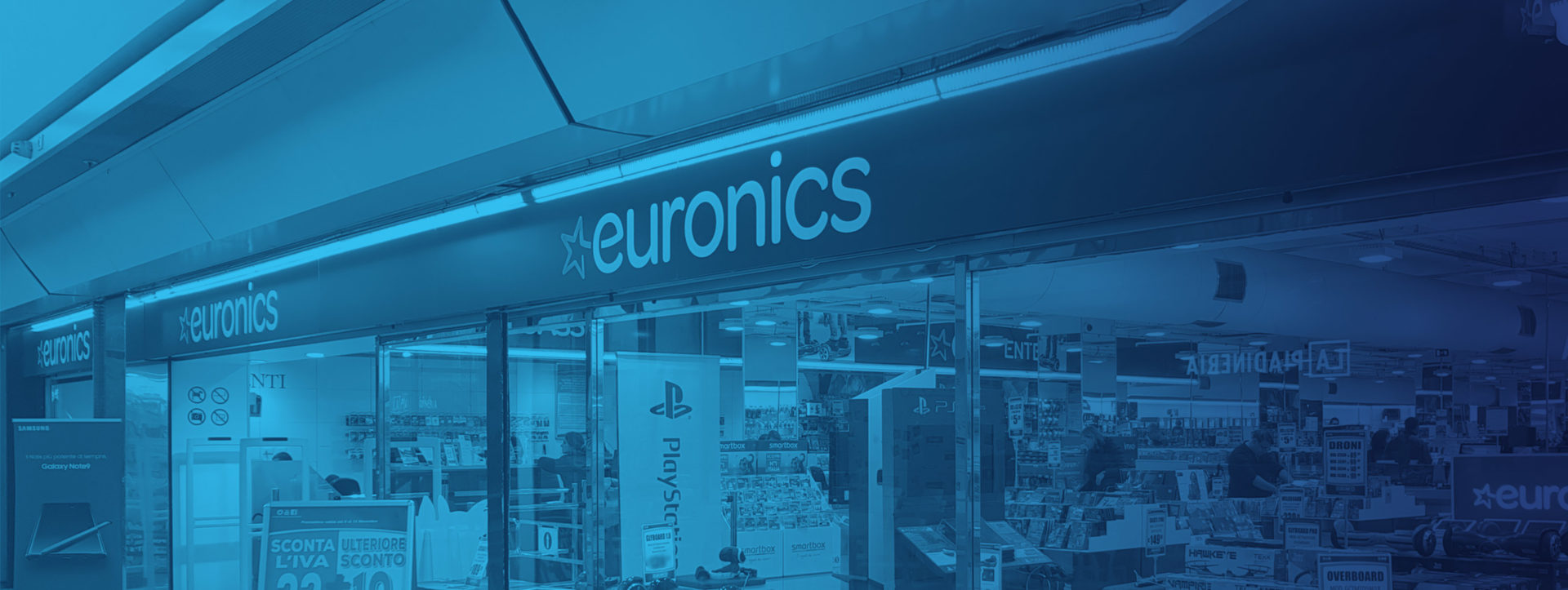
Three lessons learned from a financial planning strategy journey at PPHE Hotel Group
Accurate planning and forecasting within any hospitality organization is challenging, as it’s a sector prone…

Crises often come from nowhere and hit the economy with full force, with the COVID-19 pandemic being a prime example. But why do some companies deal with crisis situations better than others? How are some able to react faster and in a more targeted manner? We spoke to our customer Euronics and had them explain what crisis planning measures they took in response to the Coronavirus outbreak, using an integrated business planning approach.
Euronics Deutschland eG sells electronic items such as smartphones, tablets, computers, household appliances, and consumer electronics. The business has 1,268 members; independent dealers who are in direct contact with customers at around 1,431 locations.
The prescribed lockdown changed the entire business from one day to the next. Shops were closed and the traditional supply chain was broken. Any planning was overturned as it was irrelevant.
“We quickly noticed that normal regular operations no longer made any sense,” reports Frank Platzer, Vice President, Head of Strategy Development & Controlling, Euronics Deutschland eG.
“We had to establish a new organizational form for the crisis mode at short notice. The conventional organization operated the normal interfaces and was therefore simply too sluggish. Suddenly, new figures and topics came to the fore that depict the current situation in the crisis and thus also new KPIs by which we manage our business. For the planning, it was crucial to identify and quantify the key drivers influencing results.”
First, the Euronics management team had to get an overview of which dealers could still be active on the market. Who had mastered e-commerce and was able to quickly switch their business to online trading? How did the customers react? What products were they asking for now? The answers to these questions determined the now important KPIs. Euronics centralized its planning process across the entire value chain during the crisis. All planning and process steps from upstream and downstream partners were carried out by the Euronics headquarters. This placed great demands on data integration and the ability to calculate multidimensional scenarios. In fact, this could even be one of the issues that will persist after the crisis.
Operationally, this also meant changing the supply chain. The goods ordered are no longer sent to the dealer’s local warehouse but are mostly shipped directly to the customer from the central warehouse. This also relieves the burden on the individual dealers.
Euronics had already built the integrated corporate planning approach in Board before the crisis unfolded. The multidimensionality of the Euronics business model was already implemented in the platform, so that scenarios with various factors related to suppliers, product groups, business types, and dealers could be quickly calculated in any variation. In addition, there is the possibility to quickly identify and simulate potential savings at any level of detail.
In the crisis, Euronics has performed much better than feared and more effectively than many other companies in the industry. Frank sees the innovative spirit of the dealers as one of the key reasons for this result.
“It is amazing how quickly our dealers have adapted and converted. Actual sales developed significantly better than all of the sales simulations that we ran at the beginning of the crisis. Thanks to our integrated planning, we were able to quickly identify the important drivers and adapt our planning to the new situation. For the future, we will certainly integrate additional data into our central system. The more completely we map the value chain on a unified platform, the better and more extensively we can run simulations in the same system. These provide us with important clues as to how we can successfully operate and develop the business. I also learned that we shouldn’t exaggerate the level of detail in the planning: it is better to be about right than precisely wrong.”
The Coronavirus has also created new ways of thinking and opened the floor for new perspectives. Parts of the business will certainly continue to operate in a changed manner even after the crisis subsides. The creativity developed during the lockdown must be used to continue thinking about new types of business.
“I would like to have a ‘game cube’ in Board. The purpose of this is to allow us to run through and test completely new models and simulations freely in a protected space, without any restrictions on thinking. I am sure that we will discover many interesting types of business!” concludes Frank.
To learn more about creating an Integrated Business Planning environment using Board, with the ability to simulate and model different scenarios with ease, download this brochure. Or, for more information on Euronics’ use of Board, take a look at this video.
Discover how the electronics retailer is seeing increased planning and reporting efficiency with the Board decision-making platform